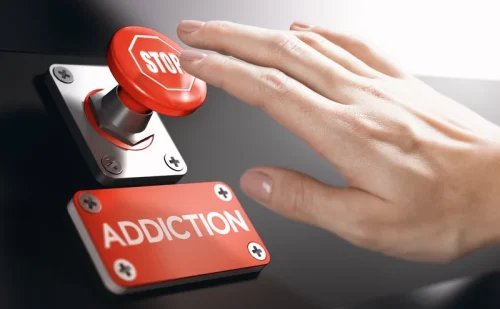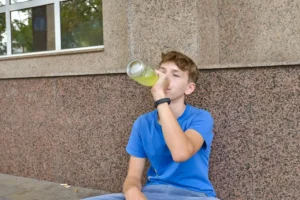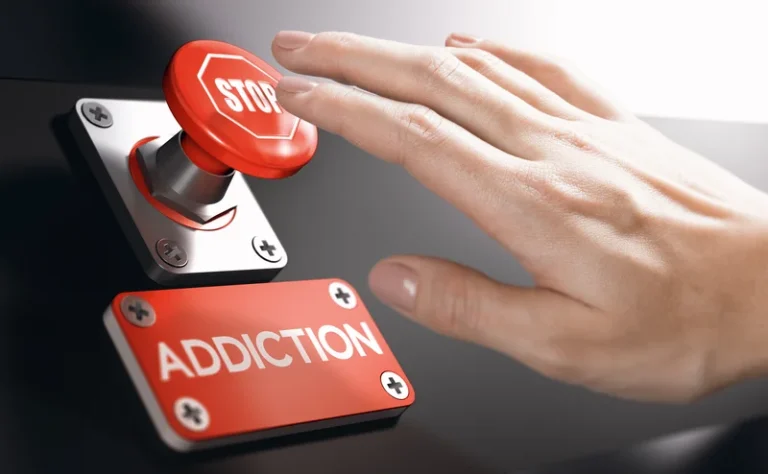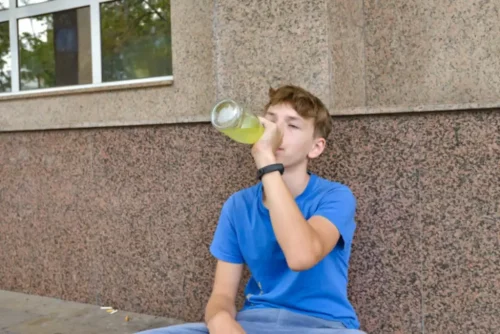
Each day, take time to revisit your recovery goals and the reasons you decided to stop using alcohol. After discharge from treatment, follow-up aftercare is vital for successful long-term recovery. Aside from medications, your doctor may be able to help you create a plan to slowly cut back your drinking so you avoid withdrawal altogether.

You May Better Support Your Immune System

When someone is physically dependent on alcohol and reduces their drinking or cuts it off completely, the body struggles to adjust to the sudden lack of it and the changes in chemical levels. Professional supervision is essential to navigate alcohol withdrawal safely. Medical professionals can provide the necessary support and treatments to manage symptoms effectively and reduce the risk of severe complications. The cause of alcohol withdrawal symptoms like amphetamine addiction treatment tremors lies in the effects alcohol has on the brain. Over time, brain chemistry adapts to the constant presence of alcohol by becoming more hyperactive.
Coping and support
We invite you to contact us today to learn how we can help as you embark on your recovery journey. Following these strategies may help, but are unlikely to stop the alcohol shakes fully. It’s a good idea for anyone who drinks to seriously consider these points and evaluate their relationship with alcohol and its impact on their life. This table highlights various elements that comprise an effective support system for those looking to manage their relationship with alcohol better. Alcohol shakes are reduced when you flush the toxins out of your system. Staying hydrated also helps you feel better, sleep better, and feel full without consuming too many calories.
- Medical professionals can provide guidance tailored specifically for individual needs.
- Valium, Ativan, and Librium are the primary benzodiazepines used to treat alcohol withdrawal symptoms.
- This strategy not only helps in managing physical symptoms but also addresses psychological dependence on alcohol.
- It requires immediate medical attention and is considered an emergency.
- Because the shakes can be uncomfortable and distressing, many individuals seek methods to effectively manage and alleviate these symptoms.
Evidence-Based Treatment
- In addition to adopting healthy lifestyle choices, people with alcohol tremors often take propranolol to control tremors.
- When the intake of alcohol suddenly ceases, the brain continues to deliver increased nerve activity, leading to tremors, anxiety, hyperactivity, and other withdrawal symptoms.
- Surgery might be an option if your tremors are severely disabling, and you don't respond to medicines.
- It also means committing to lifestyle changes that will keep you physically and mentally healthy, and alcohol free.
- Once alcohol intake is reduced or stopped, the sudden lack of its inhibitory effect leads to a hyper-excitable state, manifesting as shakes, agitation, and other withdrawal symptoms.
- The brain, now hyper excited due to excess glutamate and reduced GABA, can cause various symptoms, including alcohol shakes.
Alcohol is a depressant, which is a substance that reduces activity in the brain and interferes with its communication pathways. Drinking alcoholic beverages slows down brain functions and inhibits certain chemicals that help regulate mood. Some may experience them for a few days, while others might endure them longer. However, these variations are normal and are influenced by individual recovery journeys. If you or someone you care about is struggling with alcohol dependence, reaching out for help is a crucial step toward recovery. Alcohol shakes are involuntary, rhythmic shakings, mostly noticed in the hands.
He or she may also make personalized recommendations that can make your detox experience less painful. You can also talk to him or her about what withdrawal symptoms you can expect to see if you are at risk for the shakes in the first place. If you are struggling with alcohol abuse and would like to quit, but don’t quite need detox or rehab, you can talk to your doctor about finding a safe and effective way to sober up. Sahil enjoys taking time and listening to better understand what his patients are experiencing. He believes that empathy, respect and trust are integral traits that all providers must possess. He believes in the value of hard work and dedication to overcoming mental illness and will help his patients to achieve their mental health goals.
Tapering Off Alcohol Consumption

This is because lack of self-care can lead to stress and anxiety, both of which can make alcohol withdrawal tremors worse. It’s not wise to try and stop using alcohol on your own if you are experiencing withdrawal symptoms. Instead, it is best to work with a treatment center that can help monitor your symptoms and provide you with medications or holistic care that may help you through the process. With excessive alcohol consumption, the brain adjusts to these effects. It produces less GABA and increases glutamate production to counterbalance alcohol’s depressive effects.
Benzodiazepines like how to stop alcohol shakes Lorazepam or Valium are sometimes administered intravenously to alcohol detox patients to reduce tremors. Also available in oral form, benzodiazepines are helpful for treating insomnia, nausea, anxiety, and alcohol withdrawal night sweats affecting detox patients. After a heavy drinking session, your brain can get used to lower levels of stimulation caused by alcohol’s depressant effects. When you wake up, your brain becomes overwhelmed with activity, triggering tremors and shaking during a hangover. Diagnosing it is often a matter of ruling out other conditions that could be causing symptoms. Seeing the stark evidence that your body has become chemically dependent on a steady flow of booze is a tap on the shoulder to take action before the addiction becomes even more serious….and it always does.

What Is Derealization Disorder?
Seven to nine hours of quality sleep is one of the most powerful tools to help you avoid alcohol shakes. Eating healthy plays a significant role in a person’s successful recovery. When your body receives the nutrients it needs, it feels better, https://ecosoberhouse.com/ and you’re less tempted to drink. Alcohol-related brain damage (ARBD) or brain injury (ARBI) are brain disorders caused by long-term, heavy alcohol consumption.They usually affect people between the ages of 40 and 50. Diagnosing essential tremor involves a review of your medical history, family history and symptoms and a physical examination.
